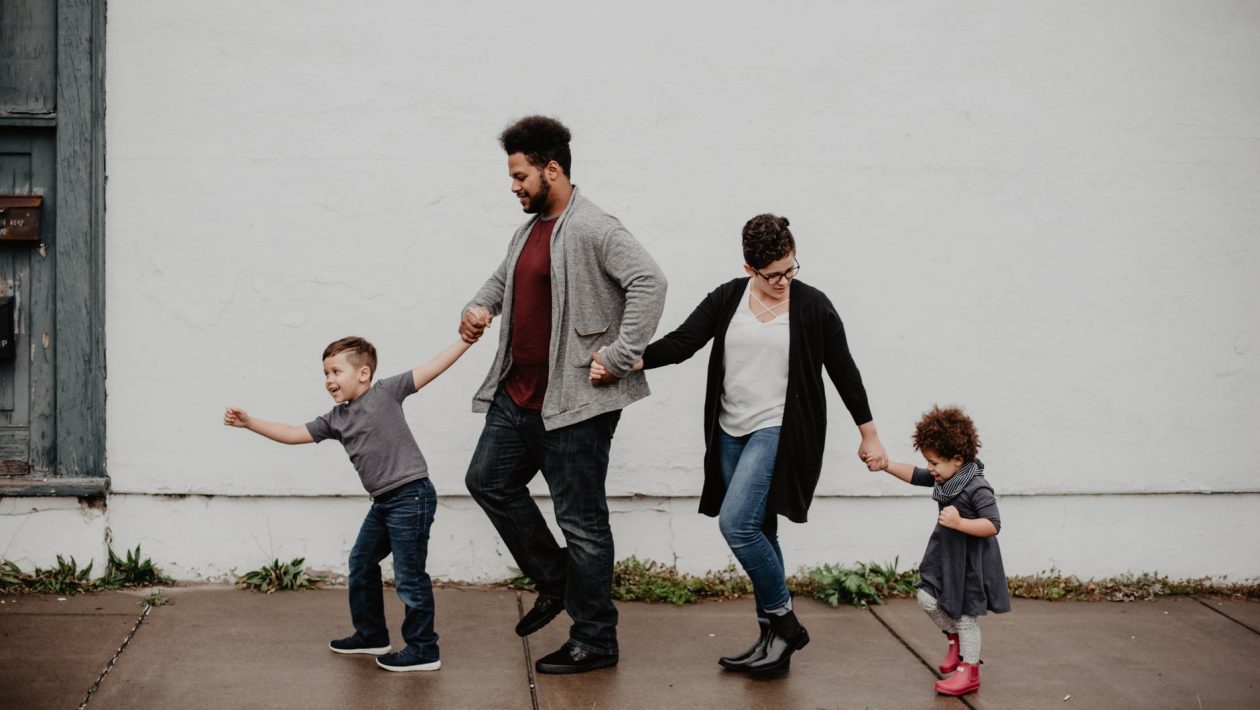As parents, we strive to help our children find their way in the world. For a lot of us, we want our children to have a better life than we did and that includes making better choices than we did. What do you do then, if you’re trying to teach your kids about the pros and cons of drug use, even recreational or legal cannabis, but you use it? Kids are more likely to do what they see than do what they are told, so how can you have that conversation with undermining your authority and teaching them to make decisions that reflect who they are as human beings, and not necessarily what society thinks they should do? We’ve put together a short guide to help pro-cannabis parents talk to their kids about not using it.
Don’t Preach
Before you launch into a full-on attack trying to get your kids to see the bad things about cannabis use, try talking to them about why you use it and allow them to ask questions. If you approach the subject from a negative perspective, your children will see it as a negative thing, and you don’t want them to associate what you say and what you do with negative things. Rather than try to just tell them not to do it, ask them what they think about it, engage them in the conversation, and don’t pull the mom or dad card unless you have to. Parenting is not a one-way street, like generations before us thought. “Because I said so” is no longer an acceptable reason for doing anything, especially when it falls on children’s ears.
Don’t Blame
If you use cannabis, own it. Don’t blame it on a circumstance or issue that you have in your life. Don’t make it out to be the enemy. We’re not saying that you should glorify your cannabis use, but you should make it very clear that this is a choice you make on a regular basis and that you have control over it. Good news: cannabis is not addicting. It doesn’t lace into your body and blood the way illicit drugs do, and with the legalization of cannabis in many parts of the world growing, the word “drug” is being spoken less and less. It’s important to show your children that you don’t use cannabis because you “have to.” That’s a lie. Even if you rely on it to help you with chronic pain or with something as unfortunate as cancer, you don’t “need it.” It’s what you choose to engage in and there’s a distinct difference – one that children may pick up on.
Take Care of Your Belongings
When you are talking to your children about cannabis use, it’s important to show them that you take this seriously and it’s not a game. Don’t leave your accessories or dab nails lying around the house. It’s best to keep that stuff out of reach of children, anyway, but even if you have it around, make sure children understand that it’s not a toy. While it’s unlikely that children can become impacted by the residue or smell of the product in your home, it is better to be safe than sorry. Talking to your kids about taking care of their stuff, whether it’s related to cannabis or not, is always a good segway into the importance of ownership and responsibility. If children decide they are going to use cannabis, the conversation of responsibility must come up and must be had. It doesn’t mean that you have to scream and yell at them to not do it. It’s more likely they will than they won’t, so just make sure your kids know that they have to be prepared for and to live with any consequences, good or bad, related to cannabis use.
Gone are the days when parents scold and pretend that they haven’t used cannabis. Legalization is changing the landscape of how people see, use, and interact with these substances and if it continues to be a closeted conversation at home, especially between parents who use cannabis and the children who are interested in it, dismay and disappointment can arise. Parents feel obligated to tell their children not to use cannabis, but the obligation should fall more on the having of the educational conversations rather than trying to control what kids will and won’t do as they continue to grow.








